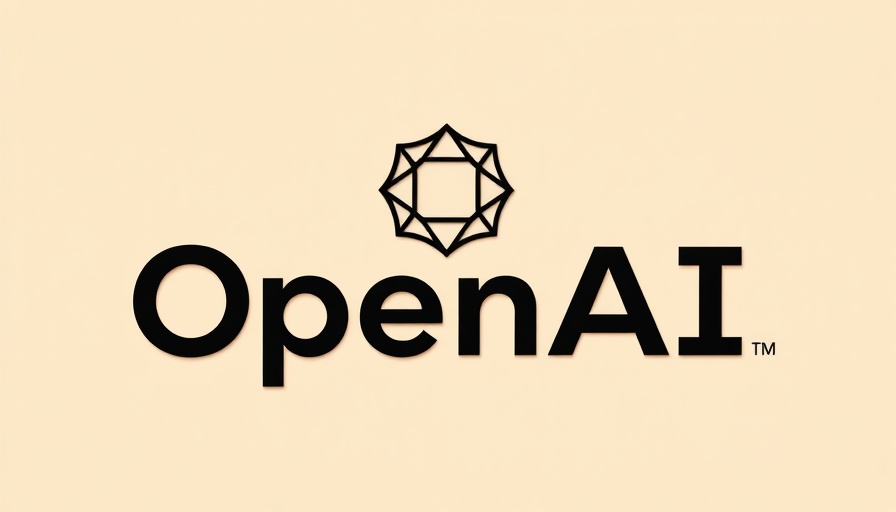
A New Frontier in Scientific Research
In a groundbreaking initiative, OpenAI has joined forces with the U.S. National Laboratories, collaborating with over 1,400 scientists from nine labs to push the boundaries of scientific research through cutting-edge artificial intelligence (AI). This collaboration underscores the potential of AI to revolutionize sectors ranging from biology to energy and national security.
The Vision Behind This Partnership
The partnership is designed to leverage OpenAI’s latest AI models, including the innovative O3-mini. Rick Stevens, Associate Director of Argonne National Laboratory, likens this collaborative effort to “a group of jazz musicians jamming together to solve scientific problems using AI.” This analogy reflects the core principle of integration in research, resulting in accelerated scientific breakthroughs.
Creating a Unified Scientific Sector
Traditionally, the U.S. has fostered productive public-private partnerships, yet this initiative takes it a step further by establishing a “common sector.” In this environment, technology and scientific inquiry are intertwined from the outset, allowing for rapid innovation. Such a model aligns well with modern uncertainties, such as climate change and global health crises, which require prompt scientific responses.
Broader Implications for Scientific Discovery
OpenAI's collaboration with the National Laboratories enhances the historical tradition of public-private cooperation in the U.S., particularly as it relates to addressing major existential threats. With China emerging as a formidable player in AI, the importance of democratic AI can’t be overstated. This partnership demonstrates a commitment to using AI not merely for economic gain but for the betterment of society and addressing global challenges.
Security Applications and Advanced Research
Significantly, the partnership will also focus on nuclear weapons security, aiming to mitigate the risks associated with nuclear arms. By harnessing advanced AI capabilities, researchers will tackle critical security concerns surrounding nuclear materials and weapons, reflecting a responsible approach to global safety.
Actionable Insights for AI Enthusiasts
For AI enthusiasts, this collaboration highlights the increasing reliance on AI to solve intricate problems in our world. It exemplifies how current technological advancements are being integrated into governmental and scientific contexts to enhance safety, security, and health outcomes. Additionally, the cooperation between OpenAI and the National Labs supports the notion that AI will define the future of research and development across disciplines.
Future Predictions: The Road Ahead
The integration of AI into scientific research promises to bring more rapid advancements, particularly as researchers continue to refine and adapt AI models to meet specific scientific challenges. As the partnership unfolds, we may witness breakthroughs in areas such as disease prevention, energy efficiency, and even fundamental physics, all powered by advanced AI capabilities. This could reshape the landscape of scientific inquiry as we know it and position the U.S. as a leader in intelligent research.
Conclusion: Embrace the AI Revolution
As we stand on the precipice of what might be a transformative era in scientific research, it's crucial to stay informed and engaged with these developments. AI's role in shaping the future of scientific collaboration cannot be understated, and for enthusiasts and professionals alike, this partnership serves as a focal point for understanding how technology can solve complex challenges. Explore the intersection of AI and research, and be a part of the conversation that is redefining our approach to science.
 Add Row
Add Row  Add
Add 




 Add Row
Add Row  Add
Add 

Write A Comment